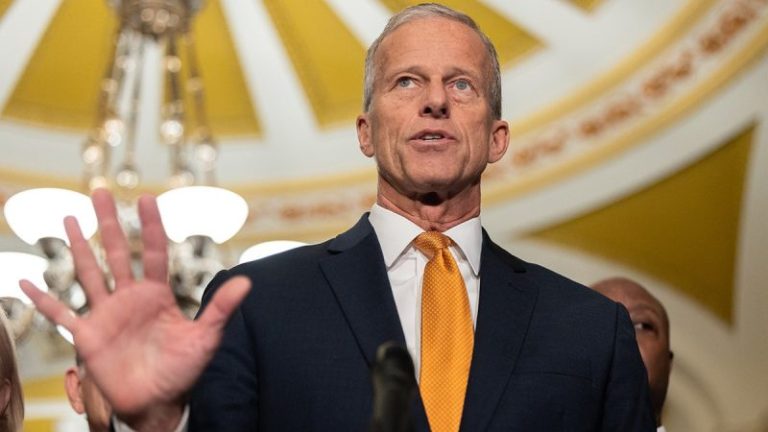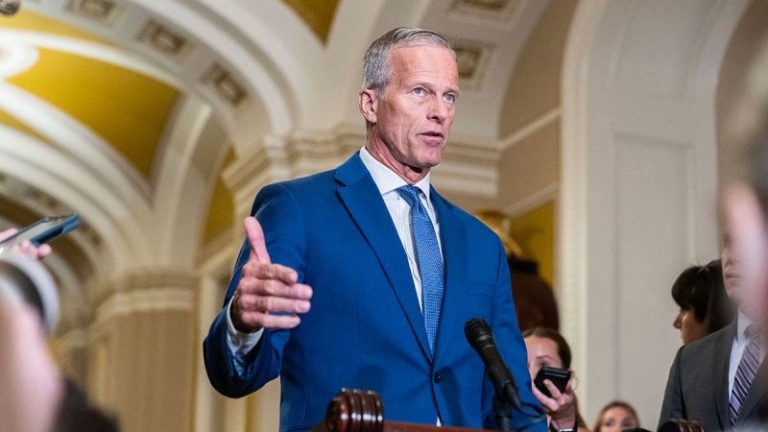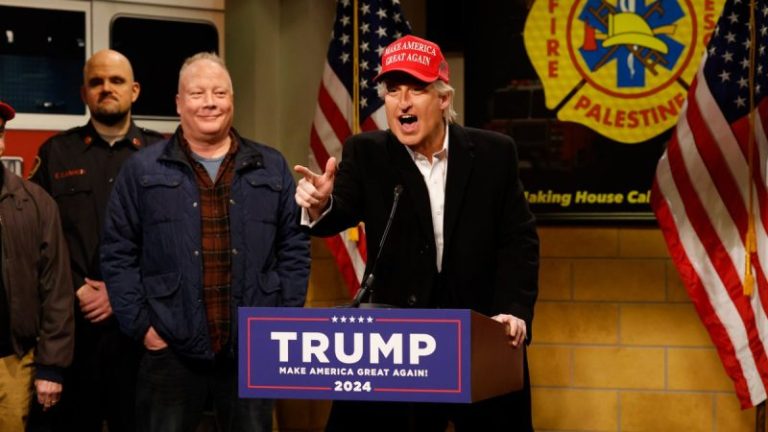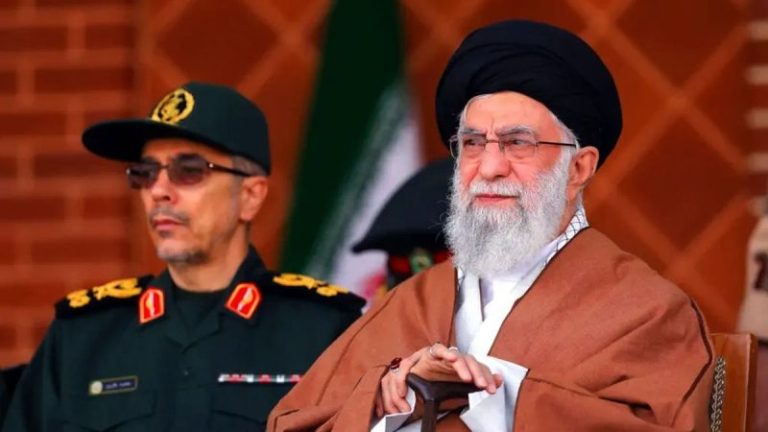The Senate could take a test vote as early as tomorrow afternoon on a revamped Republican bill to end the government shutdown and fund parts of the government for the rest of the fiscal year.
We are still waiting on bill text on a measure which would fund the government through late January and provide money for the Agriculture Department (which funds SNAP), the Veterans Affairs Department and military construction projects and Congress through Sept. 30, 2026.
But things will begin moving once text is posted tonight or tomorrow morning.
This appears to be a pure spending bill with nothing separate for renewing Obamacare subsidies.
The test vote needs 60 yeas. That entails Democratic buy-in. Fox is told to watch the following Democratic senators to see if they will vote to break a filibuster — although they might not be needed to vote for the final bill. Only a simple majority is needed there.
Fox is told here is the universe of potential senators who caucus with the Democrats to watch as possible yeas to break a filibuster:
Senate Minority Whip Dick Durbin, D-Ill., Sens. Jeanne Shaheen, D-N.H., Jack Reed, D-R.I., Jon Ossoff, D-Ga., John Fetterman, D-Pa., Catherine Cortez Masto, D-Nev., Maggie Hassan, D-N.H., Gary Peters, D-Mo., Angus King, I-Maine, and Patty Murray, D-Wash. Murray is the top Democrat on the Senate Appropriations Committee. Fox is told that Murray scored some significant language in the tenuous spending pact.
This is a fragile coalition and could fall apart.
But if the Senate breaks the filibuster, it is just a matter of time before the senators vote to re-open the government. In fact, it’s possible that the Senate could vote Sunday night if senators can forge a time agreement.
By the book, the Senate is afforded significant debate time once it breaks a filibuster. Fox is told that progressives, steamed that they scored nothing on health care — and were burned by their own party — could try to stretch things out as much as possible. That could mean the Senate doesn’t vote until Tuesday or beyond on final passage.
But by the same token, Democrats are only preventing SNAP benefits from going out. So they could agree to an expedited process.
The House is on 48 hours notice to come back. So the House may not return until midweek to align with the Senate and re-open the government. But it’s likely the House could be recalled as soon as possible.
The House’s disposition is unclear on this legislation. However, it’s hard to believe that most Republicans wouldn’t take this deal. In additon, Reps. Tom Suozzi, D-N.Y., Marie Gluesenkamp Perez, D-Wash., and Jared Golden, D-Maine, are among moderate Democrats who may be in play to vote yes if the GOP loses a few votes. Golden was the lone House Democrat who voted for the old interim spending bill on Sept. 19. Golden has since announced his retirement.
Here’s another question:
Would the House swear-in Rep.-elect Adelita Grijalva, D-Ariz., before or after the vote? Democrats will bray if Johnson fails to swear-in Grijalva before a possible House vote.
And, as we say, it’s always about the math.
Swearing-in Grijalva puts the House at 433 members with two vacancies. The breakdown is 219 Republicans to 214 Democrats. That means the GOP can only lose two votes before needing help from the Democrats.
In addition, brace for the internecine Democratic warfare which will start once Democrats break with their party. Big divisions will emerge between those Democrats who vote to break the filibuster and those holding out for Obamacare subsidies.
Moreover, consider the emerging chasm between House and Senate Democrats once this is over.
And, here’s the kicker: It’s entirely possible that a group of Senate Democrats threw their colleagues under the bus to end the shutdown — and the party scored no guarantees on health care money despite their risky political shutdown gambit.





